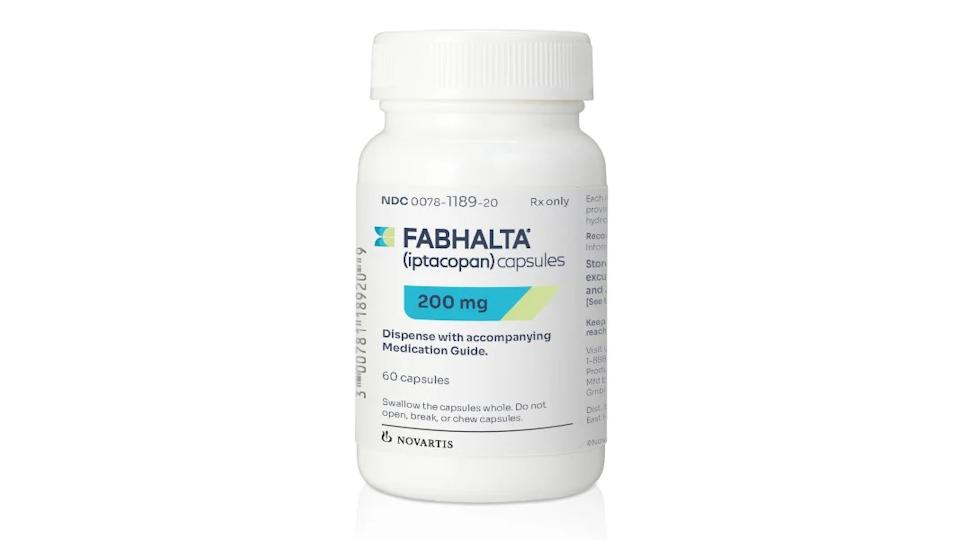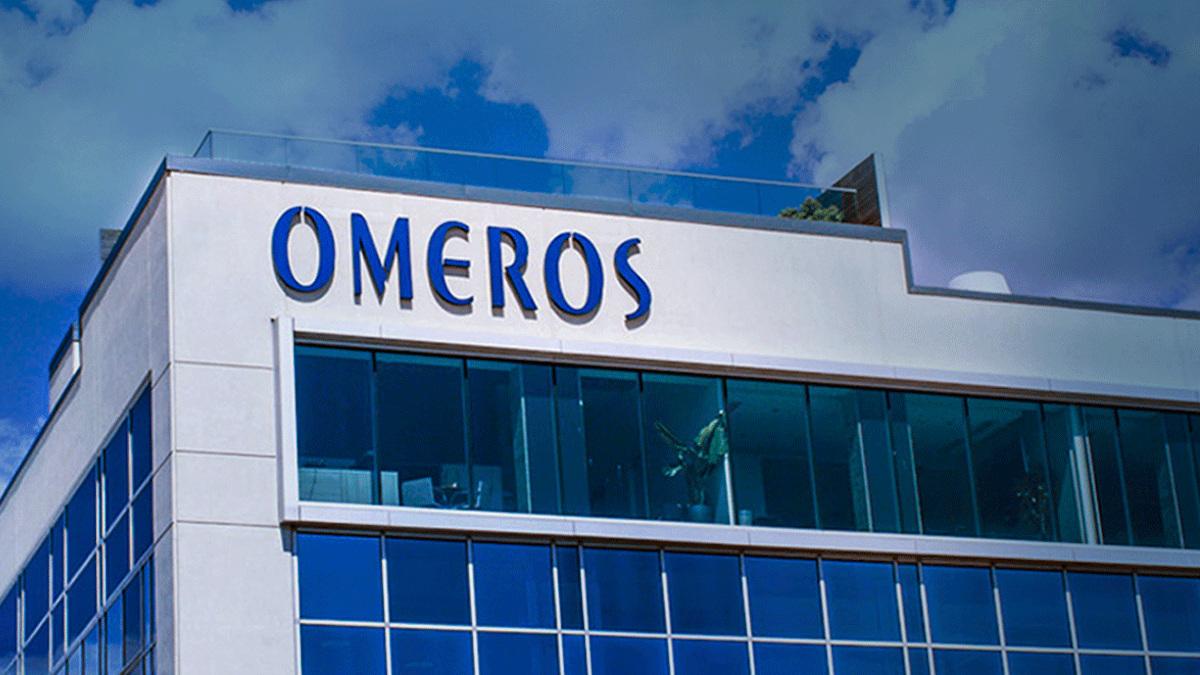CHMP backs Novartis’ Fabhalta as first oral therapy for PNH

The March meeting of the EMA’s human medicines committee (CHMP) saw an approval recommendation for Novartis’ Fabhalta, on track to become the first oral monotherapy for rare disease paroxysmal nocturnal haemoglobinuria (PNH) in the EU.
The targeted factor B inhibitor has been given a positive opinion by the CHMP as a treatment for adults with PNH who have haemolytic anaemia, setting up approval in the EU in the coming weeks. Fabhalta was cleared for the same indication in the US last December.
Current first-line therapies for PNH are AstraZeneca/Alexion’s complement C5 inhibitors Soliris (eculizumab) and Ultomiris (ravulizumab), which are used front line, but need to be delivered either by infusion or injection. It is estimated that between 20% and 50% of PNH patients treated with C5 inhibitors have anaemia that may require blood transfusions, so there is a need for new treatment options.
Apellis’ C3 inhibitor Aspaveli (pegcetacoplan) is an option for C5 inhibitor non-responders, but also has to be delivered through a needle.
The CHMP’s decision is based on the results from the APPLY-PNH and APPOINT-PNH studies, which showed that Fabhalta was more effective than C5 inhibitors in improving haemoglobin levels and reducing the need for blood transfusions, with a higher proportion of patients on Novartis’ drug transfusion-free after around six months’ follow-up.
Analysts at Jefferies have previously said that iptacopan could reach $3.6 billion in annual sales if it gets approved for all its target indications, which include atypical haemolytic uraemic syndrome (aHUS) and rare kidney diseases C3 glomerulopathy (C3G) and idiopathic membranous nephropathy (IMN), along with PNH. Novartis itself is predicting it could make $3 billion or more at peak.
Once-weekly insulin, and a new antibiotic
Other highlights of the meeting included a positive opinion for Novo Nordisk’s Awiqli (insulin icodec) for adults with type 1 and 2 diabetes, the first basal insulin product that can be administered with a once-weekly subcutaneous injection.
The recommendation is based on clinical data from the ONWARDS clinical trials programme, which showed that the weekly injection was at least as effective as daily basal insulin doses in controlling blood sugar, measured using the HbA1c biomarker. Novo Nordisk is waiting for a decision on Awiqli from the FDA next month.
In its decision, the CHMP said that Awiqli “will mainly be used in patients with type 2 diabetes, and should only be used in patients with type 1 diabetes for which a clear benefit of a once-weekly administration is expected.” In the latter group, the drug has been linked to a higher rate of hypoglycaemia - low blood sugar that can be dangerous.
The CHMP also backed approval of Pfizer’s antibiotic infusion Emblaveo (aztreonam-avibactam) to treat complicated intra-abdominal infection (cIAI) and complicated urinary tract infection (cUTI), hospital-acquired pneumonia (HAP), and aerobic Gram-negative infections with limited treatment options.
Infections due to multidrug-resistant (MDR) bacteria are estimated to cause 35,000 deaths in the EU every year, it said.












